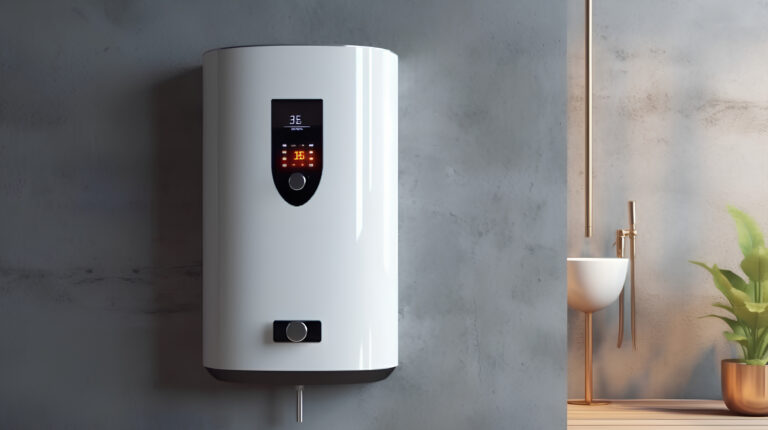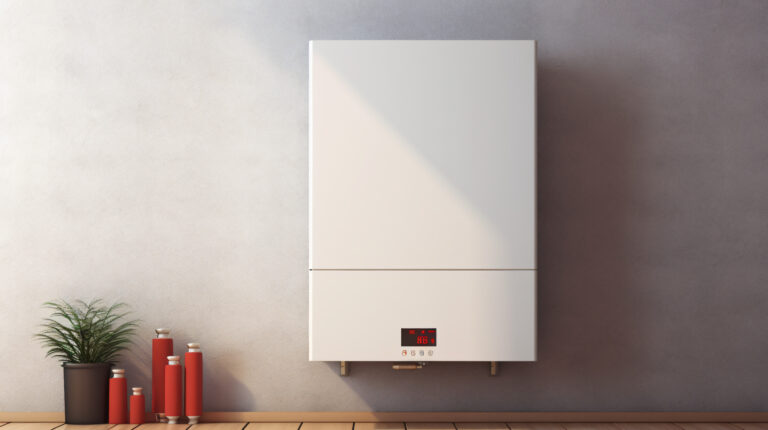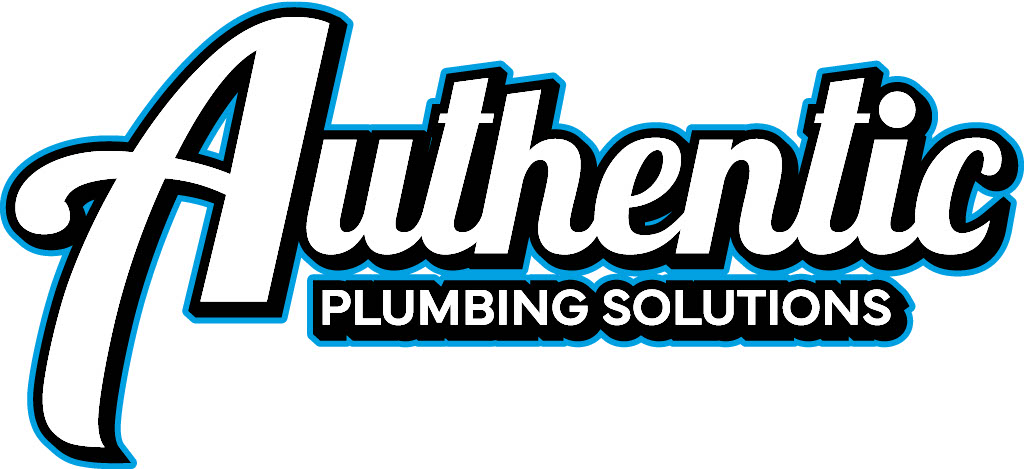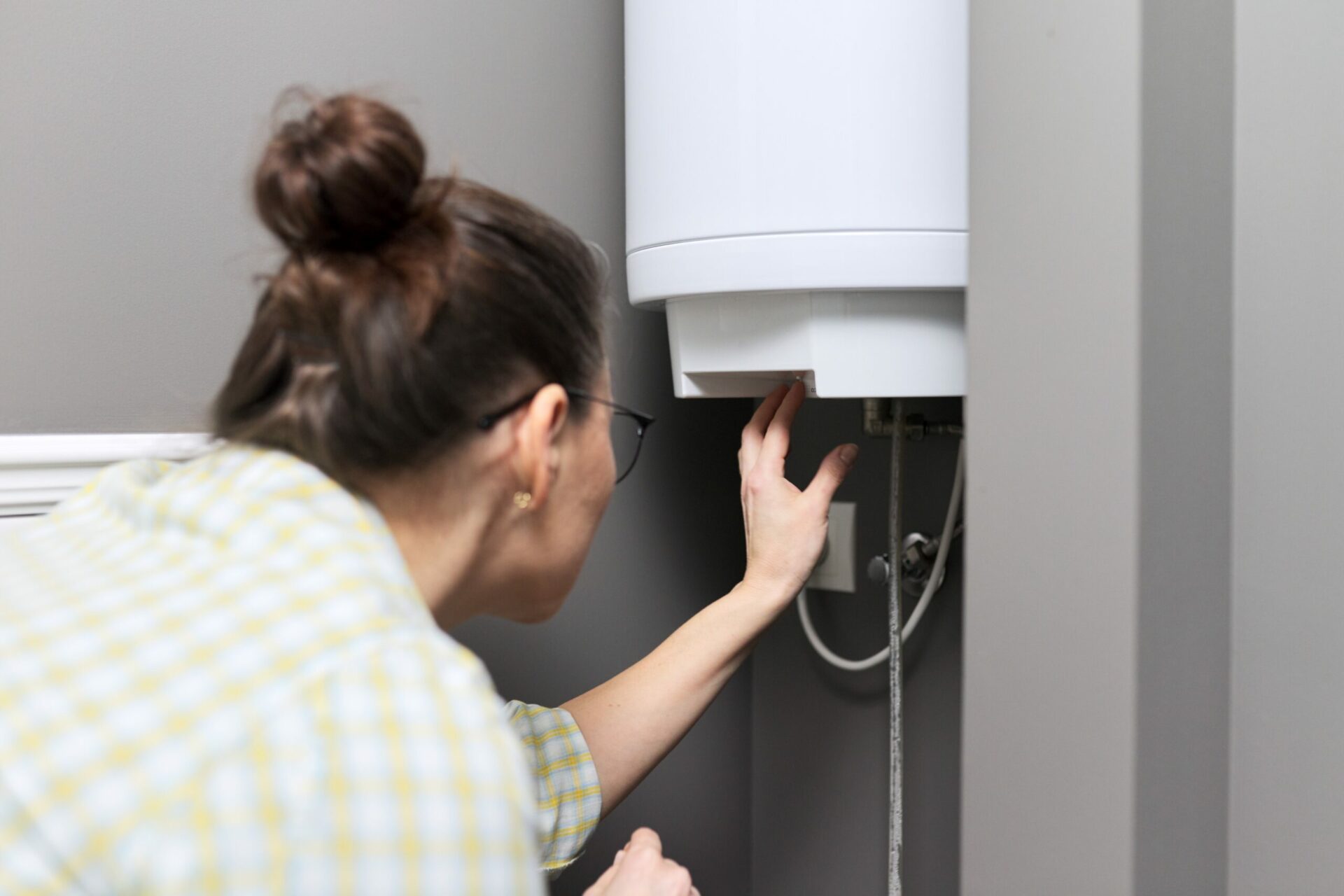Unveiling the Pros and Cons of Tankless Water Heaters
In today’s eco-conscious world, efficiency reigns supreme. This extends to our homes, and tankless water heaters have emerged as a compelling alternative to traditional water heater tanks. But are they the perfect solution for everyone? At Authentic Plumbing Solutions, we believe in empowering homeowners with knowledge. So, let’s dive into the pros and cons of tankless water heaters to help you decide if they’re the right fit for your home.
What is a Tankless Water Heater?
A tankless water heater is a water heating system that heats water on demand, as opposed to traditional water heaters that store hot water in a tank.
Pros of Tankless Water Heaters
- Continuous Hot Water: Unlike traditional tanks that hold a finite amount of water, tankless heaters generate hot water instantly upon demand. No more running out of hot water in the middle of a shower!
- Energy Savings: Tankless heaters only heat water when needed, translating to significant energy cost savings compared to constantly heating a tank of water.
- Space-Saving Design: Ditch the bulky tank! Tankless heaters are compact and can be mounted on the wall, freeing up valuable floor space in your home.
- Longer Lifespan: With proper maintenance, tankless heaters can last up to 20 years, potentially exceeding the lifespan of traditional models.
Cons of Tankless Water Heaters
- Higher Upfront Cost: Tankless water heaters typically have a higher initial installation cost compared to traditional tanks.
- Flow Rate Limitations: Tankless heaters have a maximum flow rate, meaning multiple hot water demands happening simultaneously might result in cooler water temperatures.
- Installation Considerations: Tankless water heaters require specific venting configurations and may necessitate gas line upgrades, potentially adding to installation costs.
- Maintenance Needs: Regular maintenance, including annual flushing, is crucial for optimal performance and longevity of a tankless system.

Installation of a Tankless Water Heater
Installing a tankless water heater typically involves several steps:
- Assessment and Planning: A qualified plumber will evaluate your existing plumbing system, hot water usage patterns, and fuel source availability (natural gas or propane for gas-powered models, electricity for electric models) to determine the most suitable tankless water heater model for your needs.
- Unit Installation: The plumber will install the tankless water heater unit itself, following manufacturer’s specifications and local building codes.
- Venting Configuration: Unlike traditional water heaters, tankless models require specific venting to expel exhaust fumes. This might involve connecting the unit to existing venting systems or installing new venting pipes.
- Gas Line or Electrical Upgrades (if necessary): Depending on your chosen model (gas-powered or electric) and your existing plumbing setup, upgrades to gas lines or your electrical service might be necessary to accommodate the higher capacity required by tankless heaters.
- Connection and Testing: Once the unit is installed and venting is complete, the plumber will connect the water lines and test the system for proper operation and ensure there are no leaks.
Cost of a Tankless Water Heater
The overall cost of installing a tankless water heater can vary depending on several factors:
- Unit Price: The cost of the tankless water heater unit itself depends on the brand, size (capacity), and features. Generally, they range from $1,500 to $4,000 or more.
- Labor Costs: The complexity of the installation process will influence labor costs. Factors like the ease of access to the installation location and any unforeseen challenges can impact the overall time and cost. Expect a range of $500 to $2,000+ for labor.
- Venting: The cost of venting can vary depending on the complexity of the existing system and whether new venting needs to be installed.
- Gas Line or Electrical Upgrades: Upgrading gas lines or your electrical service to accommodate a tankless heater can add significant costs to the project.
Types of Tankless Water Heaters
While the core concept of tankless water heaters remains the same – generating hot water on demand – they come in different varieties, each with its own advantages and considerations. Here’s a breakdown of the two main types of tankless water heaters to help you navigate your options:
1. Gas-Powered Tankless Water Heaters:
- Fuel Source: Natural gas or propane are the most common fuel sources for gas-powered tankless heaters.
- Pros: Generally lower operating costs compared to electric models, offer higher flow rates for multiple hot water demands simultaneously.
- Cons: Requires a gas line connection, installation might necessitate upgrades to existing gas lines depending on your home’s setup.
2. Electric Tankless Water Heaters:
- Fuel Source: Electricity powers these tankless heaters.
- Pros: Generally lower upfront costs compared to gas models, easier to install as they don’t require gas lines.
- Cons: Operating costs can be higher than gas models, especially in areas with high electricity rates. They may have lower flow rates, potentially leading to cooler water temperatures if multiple hot water demands occur simultaneously. Electrical service upgrades might be necessary depending on your home’s existing capacity.

Choosing the Right Type for Your Home
The ideal type of tankless water heater for your home depends on several factors:
- Fuel Source Availability: Do you have access to natural gas lines, or is electricity your primary source?
- Budget: Consider both upfront installation costs and long-term operating expenses.
- Hot Water Usage: Evaluate your household’s hot water demands. If you have frequent simultaneous hot water needs, a gas-powered model might be a better choice due to its higher flow rate capabilities.
- Electrical Capacity: If opting for an electric tankless heater, ensure your home’s electrical system can handle its power requirements.
Top Brands to Consider
Exploring the world of tankless water heaters can feel overwhelming with various brands and models vying for your attention. But worry! Here’s a glimpse into some of the leading brands known for their reliability, performance, and innovation in the tankless water heater market:
- Rinnai: A renowned brand with a reputation for durability, high efficiency, and user-friendly features. Rinnai offers a variety of models to cater to different flow rate requirements and budgets.
- Navien: Another highly respected brand known for its advanced technology, exceptional efficiency ratings, and focus on user comfort. Navien tankless water heaters are known for their ability to handle cold weather conditions effectively.
- Rheem: A trusted name in the water heater industry, Rheem offers a range of tankless models that deliver dependable performance and innovative features at competitive prices.
- Takagi: This brand focuses on compact and energy-efficient tankless water heater designs, making them ideal for space-conscious homeowners. Takagi models are also known for their user-friendly controls.
- Bosch: A global leader in home appliances, Bosch brings its commitment to quality and innovation to the tankless water heater market. Bosch tankless heaters are known for their sleek designs and advanced features.
Important Note: While these brands are widely recognized for their quality, it’s crucial to choose the model that best suits your specific needs and budget. Factors like your hot water usage patterns, fuel source availability, and desired flow rate should all be considered during the selection process.
Maintenance and Repairs
Tankless water heaters offer a multitude of benefits, but like any appliance, they require proper maintenance to ensure optimal performance and longevity. Here’s what you need to know about keeping your tankless water heater running smoothly:
Regular Maintenance:
- Annual Flushing: This crucial maintenance task removes mineral buildup from the heat exchanger, which can impede efficiency and water flow. A qualified plumber can perform this service for you, or you might be able to tackle it yourself if you’re comfortable following the manufacturer’s instructions.
- Filter Cleaning: Most tankless water heaters have inlet filters that trap sediment and debris from your water supply. Clean or replace these filters regularly according to the manufacturer’s recommendations to prevent clogs and ensure proper water flow.
- Visual Inspection: Periodically check your tankless water heater for any leaks, corrosion, or loose connections. Addressing minor issues promptly can prevent them from escalating into bigger problems.
Signs You Might Need Repairs:
Despite proper maintenance, unforeseen issues can arise. Here are some signs that your tankless water heater might require repairs:
- Fluctuating Water Temperature: If your hot water temperature is inconsistent or cooler than usual, it could indicate a problem with the heating element, thermostat, or a clogged heat exchanger.
- Reduced Water Flow: A significant decrease in hot water output could be caused by a clogged water line, faulty pressure valve, or a failing heat exchanger.
- Unusual Noises: Strange noises coming from your tankless water heater, like banging or knocking, could signify loose components, air trapped in the system, or a failing pump (if applicable).
- Leaks: Any leaks around the unit are a cause for concern and should be addressed promptly by a qualified plumber to prevent water damage.
- Error Codes: Many tankless water heaters have built-in diagnostic systems that display error codes on a screen. Consult the user manual to decipher the code and identify the potential issue.
Importance of Professional Repairs
While some basic maintenance tasks might be manageable for DIY enthusiasts, attempting complex repairs on a tankless water heater is not recommended. These units involve intricate gas or electrical components, and improper repairs can be dangerous and void your warranty.
Authentic Plumbing Solutions: Your Trusted Partner
Our Dallas-based plumbers at Authentic Plumbing Solutions are highly trained and experienced in servicing all types of tankless water heaters. We can handle routine maintenance tasks like flushing and filter cleaning, diagnose and repair complex issues, and ensure your tankless system operates safely and efficiently for years to come.
Contact us today! Whether you require annual maintenance or suspect a repair issue, our team is here to keep your hot water flowing reliably. We offer prompt service, transparent pricing, and a commitment to your satisfaction. Let Authentic Plumbing Solutions be your trusted partner for all your tankless water heater needs!

